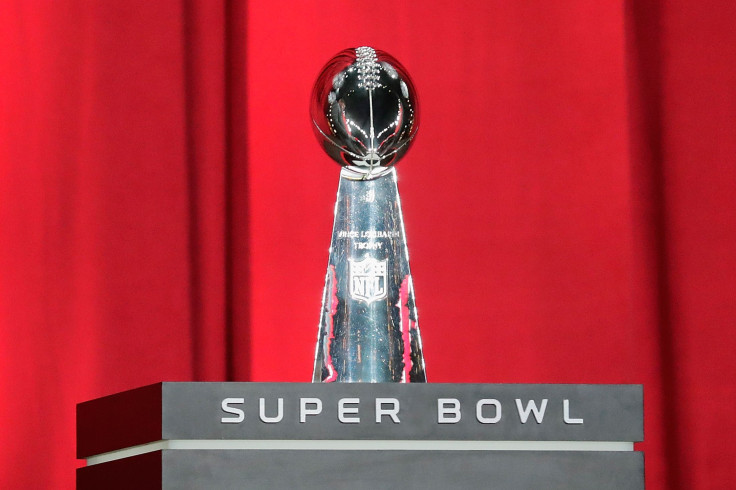Is The Super Bowl Fixed? Conspiracy Theory From A Star Player Claimed One Football Championship Was Rigged

There is rarely a shortage of conspiracy theories floating around the mainstream and sports is a medium that has been subjected to more than its fair share. Allegations have surfaced in just about every sport of an outcome being tainted by some type of fraud. The most obvious example has been track and field, with numerous winning sprinters later testing positive for performance-enhancing drugs (PED).
With Super Bowl LI set to get underway, it is hard to fathom professional football is "fixed" or "rigged" for a variety of reasons. The National Football League uses instant replay, the players are paid well enough to not accept bribes, there is comprehensive PEDs testing and the game involves athletes putting themselves in harm's way to win a game.
But conspiracy theorists could point to one high-profile football game that was perhaps not completely legitimate: Super Bowl III.
The New York Jets of the American Football League (AFL) entered Super Bowl III as 18.5-point underdogs to the Baltimore Colts of the NFL only to win the 1969 championship game, 16-7, in arguably the biggest upset in Super Bowl history. Odds makers were wrong by 27.5 points and didn't pick the right winner.
Years later, Colts star defensive lineman Bubba Smith claimed in his 1983 autobiography, "Kill, Bubba, Kill," that the game may have been fixed to aid the merger of the AFL with the NFL.
Smith, a two-time Pro Bowler who died in 2011, claimed that he initially brushed off the idea that the game was fixed. But years later, he said in interviews that he was told of the game being fixed by "a bookmaker in New York and members of the NFL Players Association." Smith also said that the game didn't sit right with him afterwards and was baffled by how the Colts had the ball inside the Jets' 20-yard line five times in the first half but failed to score.
"The game just seemed odd to me," Smith said in the book, "The Fix Is In: The Showbiz Manipulations of the NFL, MLB, NBA, NHL and NASCAR," by Brian Tuohy. "Everything was out of place. I tried to rationalize that our coach, Don Shula, got out-coached, but that wasn't the case. I don't know if any of my teammates were in on the fix."
Adding to the evidence was the inexplicably poor performance from Colts quarterback Earl Morrall, who had been awarded the MVP that season. Morrall completed just six of his 17 passes and threw three interceptions with one of them particularly costly. Before the end of the first half, Morrall failed to see wide open wide receiver Jimmy Orr near the end zone and instead threw a short pass that was intercepted by the Jets' Jim Hudson.
But there are plenty of reasons to doubt Smith's assertions. After Smith's book came out, Shula told the Associated Press that Smith's claims were "ridiculous" and suggested that Smith was trying to draw interest in his book.
Smith's claims also lack specifics. He never said the names of the bookmakers or anyone with the NFLPA. Also, there are no details as to how exactly the game was fixed. Who contacted who about fixing the game? Who exactly was involved and how did their efforts change the game's outcome? Were key plays coordinated before the game? Why hasn't anyone else come forward after so many years to back Smith's theory?
When it comes to conspiracy theories, often there are more questions than answers.
© Copyright IBTimes 2024. All rights reserved.












